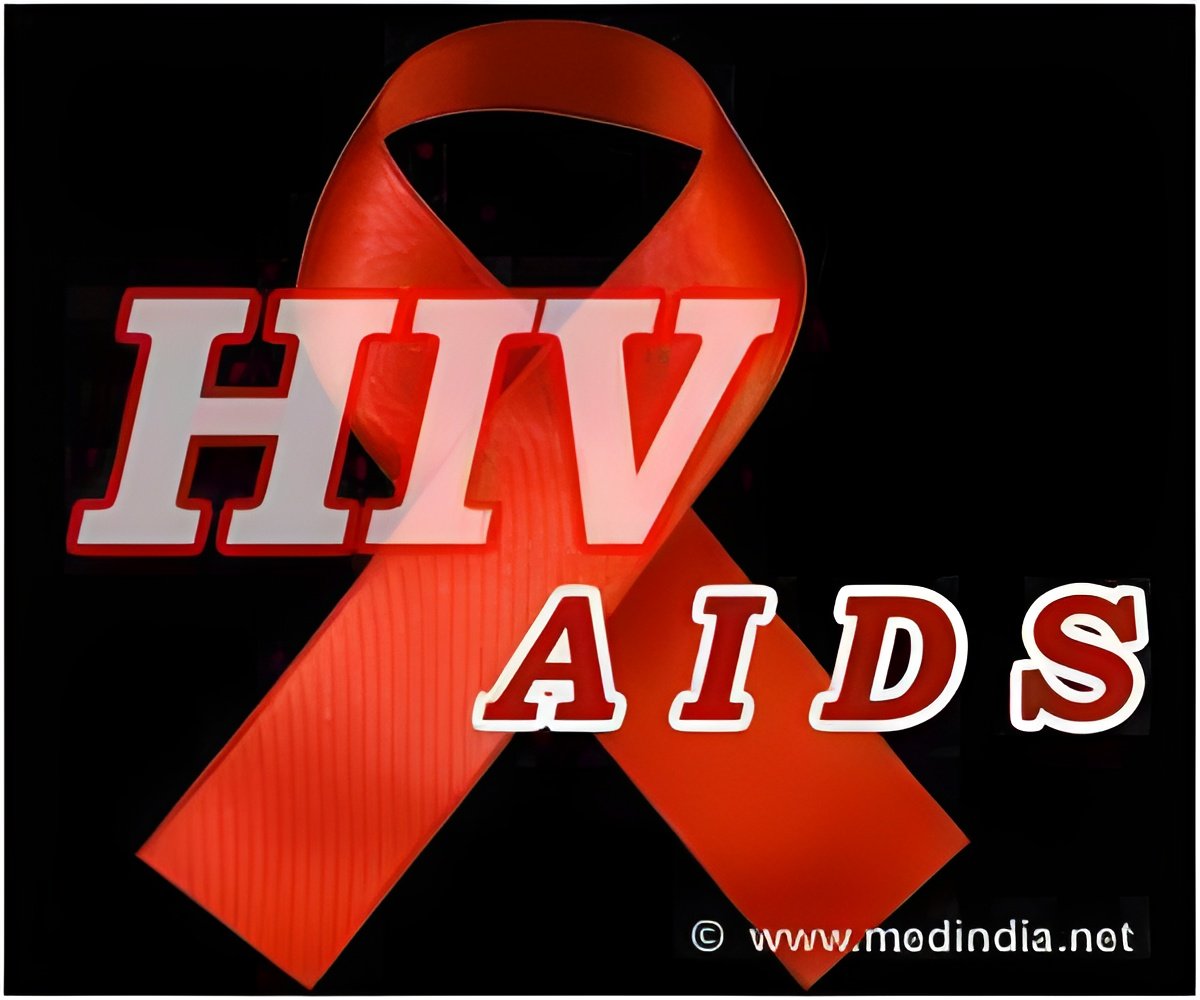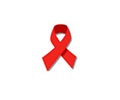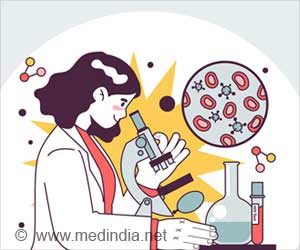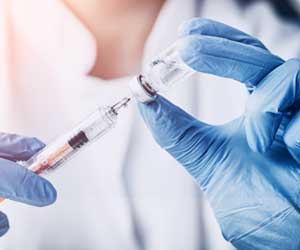The fourth phase of the National AIDS Control Programme (NACP) was launched by the government on Wednesday, at a whooping cost of Rs.142.95 billion.

The programme will focus on preventing new infections, preventing parent to child transmission, creating awareness among the general population and reducing stigma and discrimination.
"It was a challenge for us to organize funds for NACP-IV as all donors put up their hands," Health Minister Ghulam Nabi Azad said while launching the initiative. India has shown an overall reduction of 57 percent in the annual new HIV infections (among adult population) from 2,74,000 in 2000 to 1,16,000 in 2011.
The adult HIV prevalence has decreased from 0.41 percent in 2001 to 0.27 percent in 2011.
Besides, the estimated number of people living with HIV (PLHIV) has decreased from 2.4 million in 2000 to two million in 2011.
Azad said the NACP-IV has been designed based on the lessons learnt from previous phases.
Advertisement
It aims to accelerate the process of epidemic reversal and further strengthen the epidemic response in India through a cautious and well defined integration process over the five-year period, he said.
Advertisement
The NACP-IV will be partly funded through grants from the Global Fund and credit from the World Bank.
Meanwhile, even as the launch programme was on, technicians and counselors working for the government in the NACP protested outside the venue demanding better wages and working conditions.
"We have gathered from all over the country. The government which is trying to end discrimination against HIV-positive people should first end discrimination against us," said Zakir Hussain, one of the protesters.
Source-IANS















